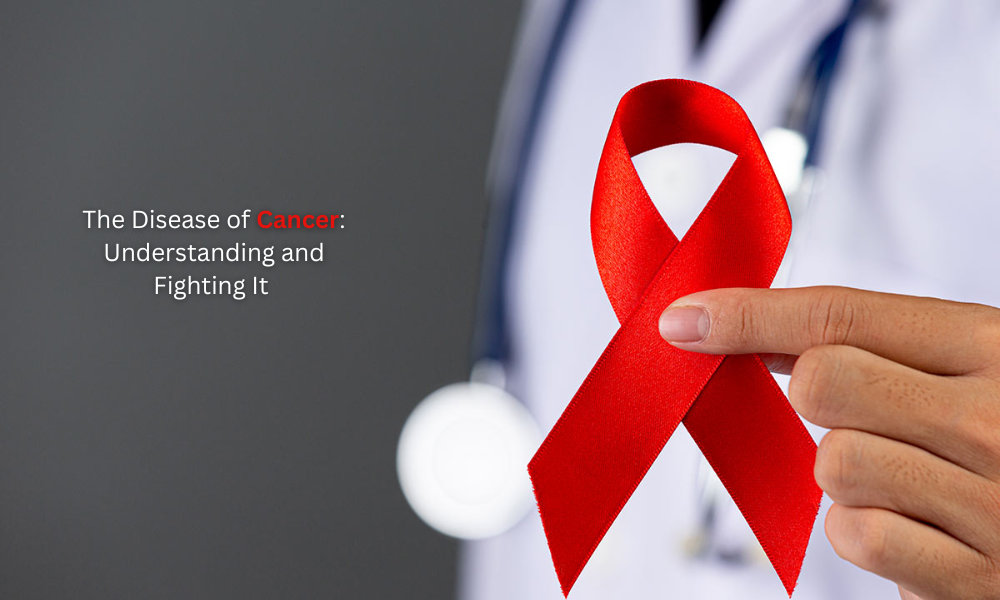
Lenalidomide and Cancer Treatment
Cancer is a complex and multifaceted disease characterized by the uncontrolled growth and spread of abnormal cells. It can affect virtually any part of the body and presents in many forms, each requiring unique methods of treatment and management. Gaining an understanding of the causes of cancer, treatment approaches, and the impact of new medications such as Lenalidomide 25 can significantly influence patient outcomes and enhance quality of life.
What Causes Cancer?
Cancer develops due to genetic mutations that transform healthy cells into malignant ones. These mutations may be triggered by a range of factors, including inherited genetics, environmental exposures, lifestyle choices, and certain infections. As cancerous cells multiply, they may invade nearby tissues and eventually spread to other parts of the body, forming secondary tumors. Cancer is classified by its origin, such as lung cancer, breast cancer, leukemia, or lymphoma. One of the treatments used in such cases is Lenalidomide 10mg, a medication prescribed to help manage specific types of cancer.
Understanding the biology of cancer is essential for developing effective treatments. Researchers have made significant progress in identifying molecular and genetic changes across different cancers, leading to advances in targeted therapies and personalized medicine.
Current Treatment Approaches for Cancer
Cancer treatment typically involves a combination of therapies tailored to the type and stage of the disease. The most common approaches include:
- Surgery: Often the first step in treating localized cancers, surgery removes tumors and affected tissue.
- Radiation Therapy: Uses high-energy radiation to destroy cancer cells. It may be used alone or with surgery and chemotherapy.
- Chemotherapy: Involves powerful drugs that kill cancer cells or stop them from dividing. It may be administered systemically or targeted to specific areas.
- Hormone Therapy: Effective for hormone-sensitive cancers like breast or prostate cancer by blocking or altering hormone levels in the body.
- Immunotherapy: Strengthens the immune system to better identify and attack cancer cells. Types include checkpoint inhibitors, CAR T-cell therapy, and monoclonal antibodies.
- Targeted Therapy: Aims at specific genes or proteins involved in cancer growth, minimizing damage to healthy cells.
- Bone Marrow or Stem Cell Transplants: Replace damaged bone marrow, often after high-dose chemotherapy or radiation therapy.
Lenalidomide: A Modern Breakthrough in Cancer Treatment
Lenalidomide 5 mg is a newer cancer treatment that has gained attention for its effectiveness in treating specific hematologic cancers. As a derivative of thalidomide, it possesses immunomodulatory, anti-inflammatory, and anti-angiogenic properties.
- Lenalidomide 5 mg: Typically used as an initial dose or in patients with less aggressive disease. It helps manage the illness while minimizing side effects.
- Lenalidomide 25 mg: A higher dose prescribed in more advanced cases or when a stronger response is needed. This dosage is effective for inducing remission and managing more severe disease stages.
Lenalidomide works by enhancing the immune system’s ability to target cancer cells and suppressing the development of blood vessels that tumors rely on to grow. It is often used in combination with other treatments such as dexamethasone, enhancing the overall effectiveness of cancer management.
The Future of Cancer Therapy
The fight against cancer is ongoing, with continuous research focused on creating more effective and less toxic treatments. Innovations in genomics, personalized medicine, and immunotherapy are paving the way for a new era in cancer care. The development of medications like Lenalidomide highlights the progress being made in creating targeted therapies with precision mechanisms.
As understanding of cancer biology evolves, patient engagement in care decisions becomes more vital. Exploring clinical trials, collaborating with healthcare teams, and staying informed about emerging options can have a meaningful impact on the course of treatment and overall prognosis.
Conclusion
Cancer remains one of the most formidable health challenges, but with ongoing advances in treatment and dedicated research, hope continues to grow. Lenalidomide, available in multiple dosages like 5 mg and 25 mg, offers an effective option for treating certain cancers. With a deeper understanding of cancer’s origins and treatment strategies, both patients and healthcare providers can work together to tackle the disease with confidence and precision.
Though complex and deeply personal, the battle against cancer is one that can be met with resilience, informed care, and optimism for a better future. As treatments improve and new therapies are developed, the outlook for those affected by cancer continues to brighten.




